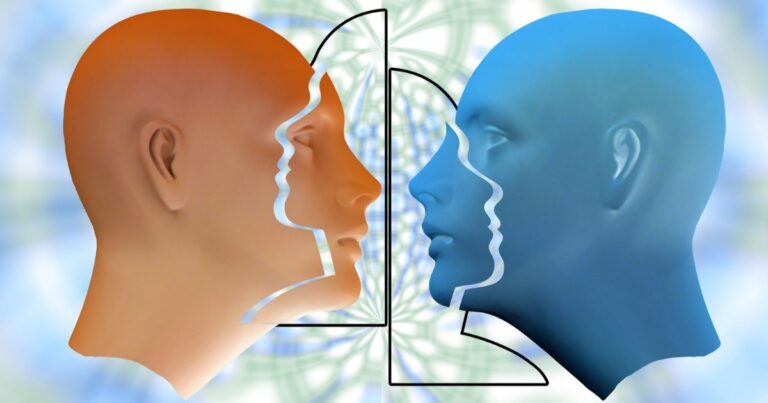Principles are a set of ethical parameters of universal character, aimed at guiding life in society. Values are guidelines for defining the correct behavior of individuals in society.
| Principles | Values | |
|---|---|---|
| Set of precepts of universal character that allow harmonious life in society. | Set of norms or qualities that allow the individual to act in accordance with what is considered correct. | |
| Types of principles |
|
|
What are the principles
Principles are a system of rules or laws that must be followed for a system to function properly. They are universal, therefore, they apply to all individuals and are necessary to act correctly.
It is expected that all people know and put into practice basic ethical principles so that social coexistence is carried out in harmony, seeking personal improvement but never to the detriment of others.
Moreover, the principles exist regardless of whether the individual is aware of them or puts them into practice.
Principles are the guide that determines what is right from what is wrong, therefore, they are the basis of human values.
Fundamental ethical principles
Principle of life: refers to the right to life as a support for the other principles, so that everything that favors life, both at a personal and collective level, should always be privileged.
Principle of freedomThis principle proclaims the freedom of the human being from the moment of birth, so that any measure that prevents him from being free is violating this principle.
Principle of humanityThe human being is the measure of all things and, therefore, his life and dignity must be preserved and respected.
Principle of good: to do good, understood as that which is considered right for the common good, and to avoid any conduct contrary to this principle.
Principle of equality: all human beings are equal before the law, without distinction as to race, gender, nationality, social status or any other characteristic.
Principle of morality: refers to all the rules to be followed to ensure stability and social coexistence by exercising the duties and rights established for this purpose.
What are values?
Values are individual aptitudes or qualities that define the behavior of an individual in society. These values derive from universal ethical principles, hence their objective is to guide individuals to act correctly, individually and collectively.
Types of values
According to the origin of their precepts, values can be:
Ethical valuesare social guidelines to regulate social behavior in a general way. Responsibility and solidarity are examples of ethical values.
Moral values: those common practices in social action. They are transmitted from one generation to the next and may change according to the environment. For example, in some societies it is well regarded that children live with their parents for a long period of time, as this is associated with strong family values and traditions, but in other societies it is correct for children to emancipate early.
You may be interested to know more examples of moral values.
Religious valuesare the guidelines dictated by a religion as to what is right and wrong according to its tradition. In the Catholic religion, one religious value is marriage, which is considered the only way to start a family according to its fundamental precepts.
Civic valuesare those values that regulate civic behavior, such as respect for the symbols or traditions of a country and its laws.
Family valuesare the behavioral guide that is transmitted in the home, and that can be a compendium or selection of all the previous ones.
Personal valuesare the qualities that each individual decides to cultivate and put into practice according to what he/she considers right for him/herself and for others. They are a compendium of ethical, moral, family, religious and civic values.
While values are expected to be positive or good, there are also negative values or anti-values. For example, unpunctuality, lack of respect for others or for the collective, and disloyalty are anti-values, and are detrimental to social coexistence.
See also




